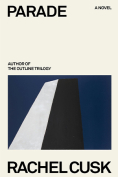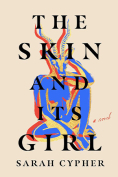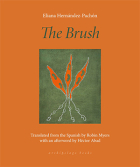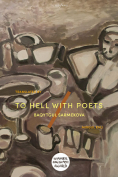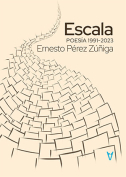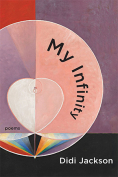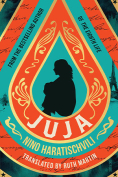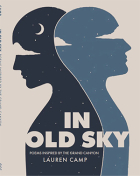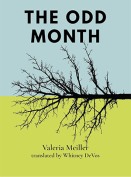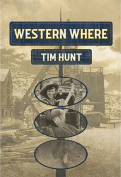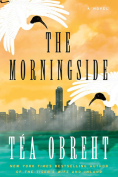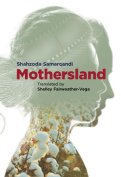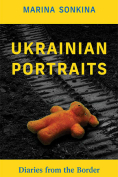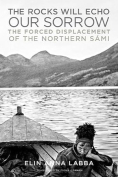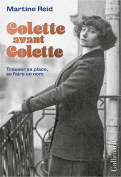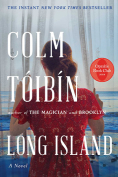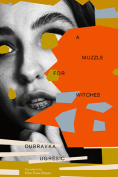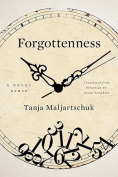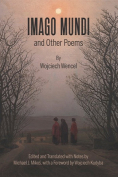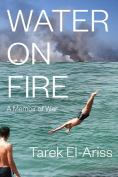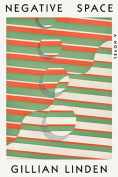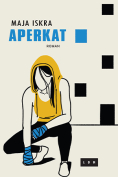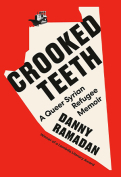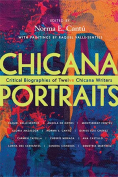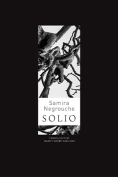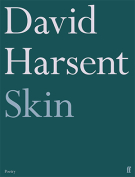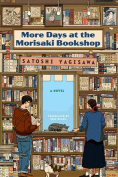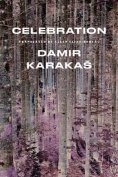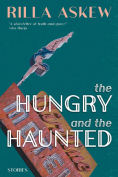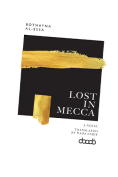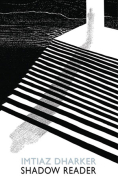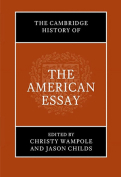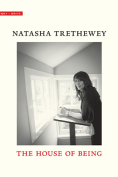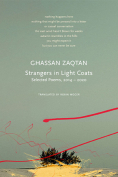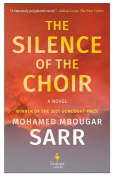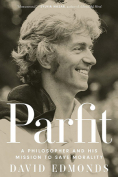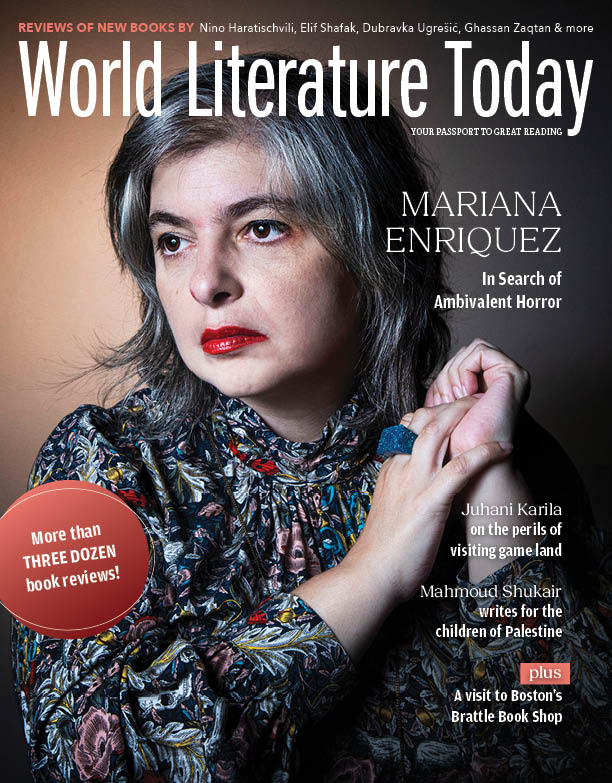Crooked Teeth: A Queer Syrian Refugee Memoir by Danny Ramadan
 New York. Viking. 2024. 304 pages.
New York. Viking. 2024. 304 pages.
What does it mean to grow up queer in a society that devalues who you are through politics, social norms, and family structures? It’s a question that countless queer people throughout the world, including in parts of the United States, must grapple with to truly understand who they are and how they relate to their homeland. Danny Ramadan ruminates on this conundrum by writing, “It’s true that I’m a queer man who grew up in a homophobic society . . . [b]ut it also spoke to me in my mother tongue and giggled at my jokes. It opened its arms and embraced me on a late-night stroll, and it hid me within its alleyways as I had my first kiss.”
Ramadan’s contradictory feelings toward Syria suggest the greater theme of ambivalence that is present throughout the memoir. Ramadan’s love for people and places persists, despite their rejection of him as a queer man. One of the most compelling parts of the memoir is this unwillingness to think in absolutes. Ramadan neither condemns his father as a villain, nor Syria, nor Egypt. He similarly doesn’t treat Canada as a hero or a promised land where queer people and refugees can roam free, even though that may be the prevalent narrative.
Crooked Teeth follows Ramadan’s seemingly endless search for a place to call home. The story begins in Ramadan’s childhood home, a traditional multigenerational house in Damascus, which is promptly flattened by the Syrian government to build a bridge. His family moves to an apartment in an outer ring of the city, where he stays even as his mother abuses him and his father practically abandons him. In a shouting fit at the age of eighteen, he comes out as gay to his father and is removed from his family’s life and his father’s home.
The memoir continues with these fleeting moments of happiness that are then upended by circumstance, misfortune, and the unstable political climate of the Arab Spring: he finds an underground queer “safe home” in Syria but defects to Cairo for a writing opportunity; he connects with a raucous, party-forward queer community in Egypt but is outed by a coworker and becomes unemployable; he finds a job as a journalist for Western news outlets but must escape back to Syria due to the Egyptian Revolution; and he eventually is forced to leave Syria after a painful and traumatizing stint in prison.
Throughout all this uncertainty, Ramadan remains focused on trust and transparency. In the first chapter, Ramadan promises to be faithful to us, the reader, by portraying his story as accurately and faithfully as he can if we, in exchange, can trust his life story and challenge our own notions of queerness, the Middle East, and the refugee experience. He occasionally writes from the present day to allow for direct communication with readers. By questioning the bounds of human memory, his decision to come out to his father, and many of the other spur-of-the-moment happenings that ended up shaping his life in profound ways, Ramadan sheds a unique light on the memoir form. He gets to decide what ends up within its pages, and this power allows him to assert his place in the work while remaining vulnerable to the reader’s judgment.
Alongside these more personal themes, Ramadan also shares his disillusionment with journalism and white saviorism while also presenting political commentary and the necessary history of the region. Overall, Crooked Teeth is both a shot at the status quo and a deeply personal memoir that follows the author’s terrifying and beautiful search for home and permanent joy.
James Fawcett
University of Oklahoma
